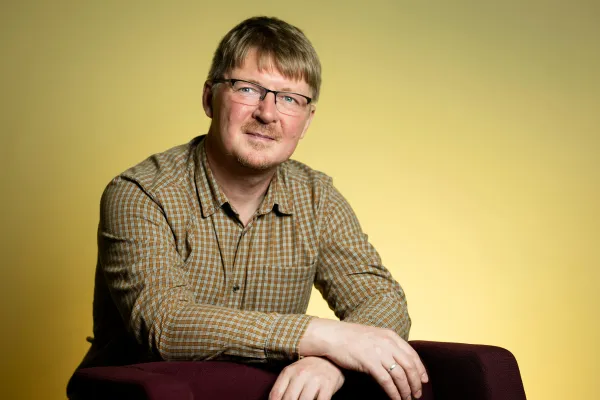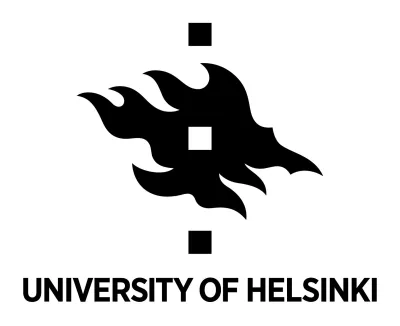Finland

Mihail Kopotev
Mihail Kopotev is a linguist and university teacher specializing in computational linguistics and the diachronic study of East Slavic languages. His research explores the sociopolitical dimensions of language and applies computational methods to intellectual history and education. He have held academic positions at the Higher School of Economics, Russia (Professor, 2019–2022), University of Helsinki (Associate Professor, 2011–), and the University of Stockholm (Affiliate Professor, 2023–). Kopotev’s international experience includes a Fulbright Senior Scholarship at Harvard and a visiting professorship at Middlebury College, USA.
Mihail Kopotev’s project explores the history and present role of the Russian “literary language,” a powerful cultural institution that has shaped society for more than two centuries. Unlike the idea of a “standard language,” the Russian version was never just about grammar or style: it was a tool of social and political power. In the nineteenth century, it was promoted as the noble language of Pushkin; during the Soviet Union, it was enforced through schools, dictionaries, and censorship; and today it continues to influence politics, education, and even artificial intelligence. The project asks why this institution has survived revolutions, regime changes, and the digital age, and what this means for the future of Russian and related languages. To answer these questions, Kopotev combines historical documents, large digital text collections, and advanced computational methods. By tracing how governments, teachers, writers, and now AI technologies have used language as symbolic capital, he aims to reveal how power struggles are embedded in everyday speech. Understanding this hidden history helps us see language not just as a neutral tool of communication, but as a force that shapes identity, culture, and politics — both in Russia and post-Soviet countries.
Conceptual history, digital humanities, sociolinguistics
